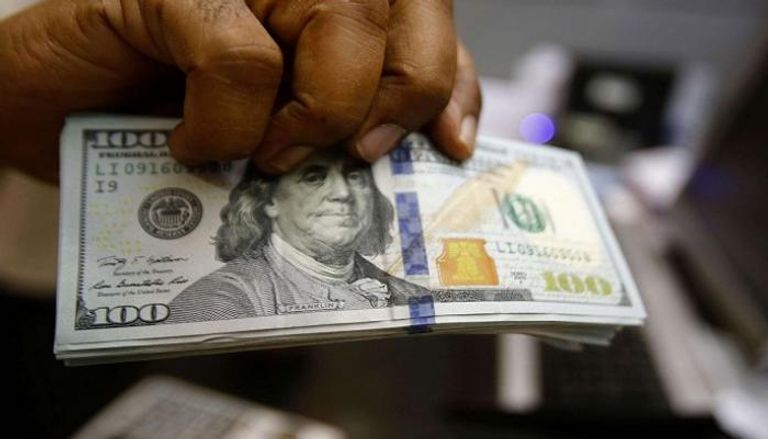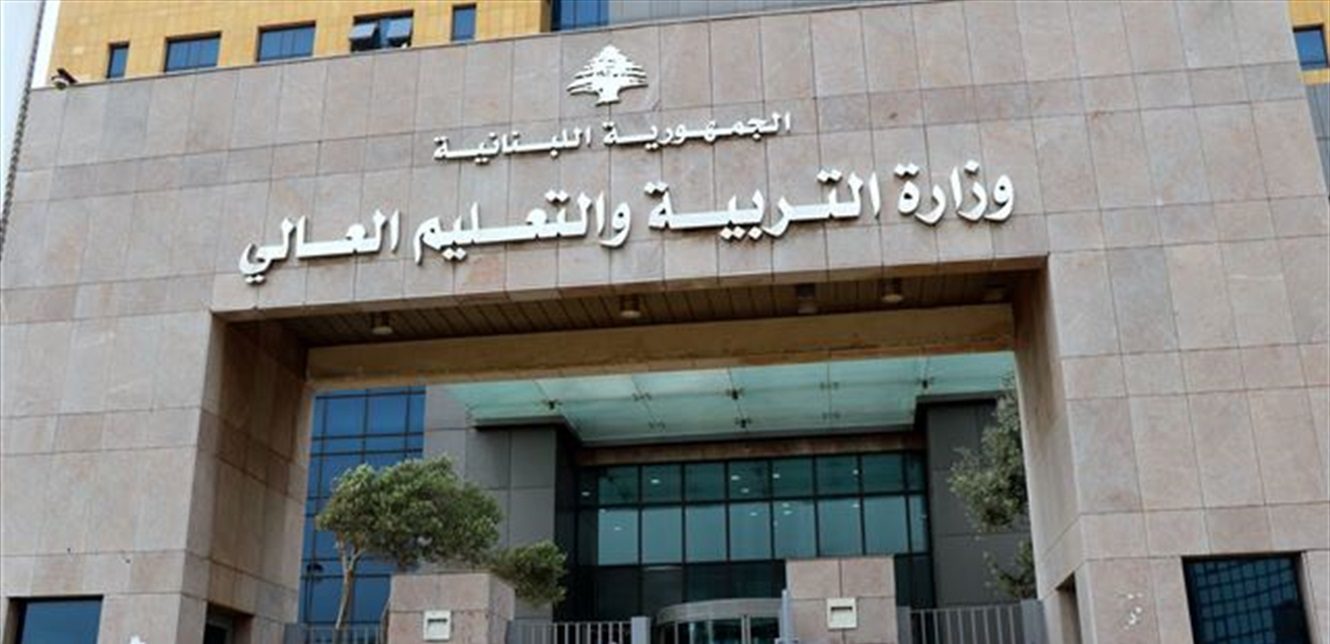#### **خلل في القطاع المصرفي العالمي**
تظهر الأزمات الاقتصادية العالمية ارتباطًا وثيقًا بالقطاع المصرفي الوطني والدولي، حيث لا تندلع أزمة دون أن تتأثر المصارف سلبًا. على سبيل المثال، الأزمة المالية العالمية بين 2007 و2009 تفاقمت بشكل كبير بعد انهيار مصرف “ليمان براذرز” ومؤسسات مصرفية أخرى ذات تاريخ طويل. وفي لبنان، تدهور الاقتصاد بشكل ملحوظ نتيجة الفساد المتجذر في القطاعين العام والخاص.
لقد تصرفت المصارف بشكل متهور في إقراضها، آملاً في الحصول على دعم من مصرف لبنان، الذي لم يكن مستعدًا لمواجهة التحديات والمسؤوليات. هذا الإقراض المتهور أدى إلى فقدان الودائع، لكن ذلك لا يعني أنها ستختفي إلى الأبد. يتطلب تعافي لبنان إعادة الودائع إلى أصحابها، وهو ما لن يتحقق إلا بعد استكمال الاستحقاقات السياسية والاتفاق مع صندوق النقد الدولي، ثم ستعاد الودائع تدريجياً.
تُظهر الأزمات المصرفية المتكررة قلقًا عالميًا تجاه سلامة وأمان المصارف، مما يؤثر سلبًا على ثقة الناس بها. عندما تُطرح أسئلة حول الثقة في المؤسسات، غالبًا ما تكون المؤسسات السياسية والمصرفية في أسفل القائمة. ومع ذلك، يستمر الناس في الاعتماد على المصارف لتلبية احتياجاتهم، حيث تبدو المصارف “شرًا لا بد منه”، لكن تبقى آمال المواطنين في الأمان عند التعامل معها ضعيفة.
هناك خمسة أسئلة يجب الإجابة عنها لتقييم أداء القطاع المصرفي ومخاطره:
**1. هل يتقاضى المصرفيون أجورًا مرتفعة مقارنة بمهن مماثلة؟**
تظهر الإحصائيات أن أجور المصرفيين أعلى بكثير من متوسط الأجور في مجالات قريبة مثل التأمين والتكنولوجيا، وهذا ليس المشكلة الحقيقية، بل ما يقدمونه مقابل تلك الأجور.
**2. هل تستطيع المصارف تصحيح أوضاعها من الداخل أم تحتاج إلى رقابة خارجية؟**
تؤكد الوقائع أنه لا يمكن ترك المصارف دون رقابة جادة من المصرف المركزي أو خبراء المحاسبة، حيث وقعت كارثة عام 2007 بسبب الإهمال في الرقابة.
**3. هل يمكن لأصحاب المصارف إجراء الإصلاحات اللازمة بمساعدة الزبائن؟**
تظهر التجارب صعوبة ذلك، حيث يفتقر العديد من أصحاب الأسهم والزبائن إلى الكفاءة التقنية لتحسين أوضاع المصارف، مما يتطلب الاستعانة بخبراء.
**4. هل يمكن للقطاع العام وأجهزة الرقابة إصلاح المصارف؟**
يمكن ذلك في حالة عدم وجود تضارب مصالح، ولكن في لبنان، ينتشر الفساد مما يجعل الإصلاح صعبًا.
**5. هل يمكن توقع أزمات مصرفية مستقبلية؟**
تاريخ الأزمات يشير إلى إمكانية تكرارها بسبب الفساد والإجراءات القانونية المعيبة.
الضمانة الوحيدة لعمل المصارف بشكل جيد هي نوعية الإدارة من حيث الخبرة والنزاهة. مع الأسف، أصبح القطاع المصرفي مثالاً على الانحراف، مما يؤثر سلبًا على الاقتصاد العالمي.
المصدر: د. لويس حبيقة – اللواء
#### **Global Banking Sector Dysfunction**
Economic crises worldwide are inextricably linked to the national and international banking sectors, as no crisis arises without negatively affecting banks. For instance, the global financial crisis from 2007 to 2009 deepened significantly following the collapse of Lehman Brothers and other historic banking institutions. In Lebanon, the economy has deteriorated largely due to entrenched corruption in both the public and private sectors.
Banks have recklessly extended credit, hoping to receive support from the Central Bank of Lebanon, which was ill-equipped to face the ensuing challenges and responsibilities. This reckless lending has led to the erosion of deposits, but this does not mean they are permanently lost. Lebanon cannot recover without restoring deposits to their rightful owners, a process that can only commence after political voids are filled and an agreement is reached with the International Monetary Fund, after which deposits will be gradually returned.
The recurring banking crises have fostered global anxiety regarding the safety and reliability of banks, adversely impacting public confidence. When citizens are asked about their trust in institutions, political and banking entities often rank lowest. Despite the low trust in banks, individuals continue to rely on their services for essential needs, as banks represent a “necessary evil,” although public hopes for safety in dealing with them remain tenuous.
There are five questions that need to be addressed to assess the commercial banking sector and the risks associated with its operations:
**1. Do bankers receive higher salaries compared to similar professions?**
Statistics indicate that bankers' salaries are significantly higher than average wages in closely related fields such as insurance and technology. However, the core issue is not the level of compensation, but rather what they deliver in return for these salaries.
**2. Can banks rectify their situations internally, or do they require external oversight?**
Current evidence suggests that banks cannot operate effectively without rigorous external oversight from central banks or accounting experts, as the 2007 crisis demonstrated the dangers of lax regulatory enforcement.
**3. Can bank owners implement necessary reforms with the help of customers?**
Past experiences indicate that this is challenging, as many shareholders and customers lack the technical expertise needed to improve banking operations, necessitating the involvement of specialists.
**4. Can public sector entities and regulatory bodies repair banks?**
This is possible if conflicts of interest do not exist. However, in Lebanon, widespread corruption hinders effective reform.
**5. Is it possible to anticipate future banking crises?**
Historical precedents indicate that crises can recur, especially due to corruption and flawed legal frameworks.
The only assurance of sound banking operations lies in the quality of the individuals managing them, specifically in terms of experience and integrity. Unfortunately, the banking sector has become emblematic of dysfunction, negatively impacting the global economy.
translated by economyscopes team
لمتابعة كافة الأخبار 24/24 إضغط هنا للإنضمام الى قناتنا الرسمية على الواتساب
 سكوبات عالمية إقتصادية – EconomyScopes إجعل موقعنا خيارك ومصدرك الأنسب للأخبار الإقتصادية المحلية والعربية والعالمية على أنواعها بالإضافة الى نشر مجموعة لا بأس بها من فرص العمل في لبنان والشرق الأوسط والعالم
سكوبات عالمية إقتصادية – EconomyScopes إجعل موقعنا خيارك ومصدرك الأنسب للأخبار الإقتصادية المحلية والعربية والعالمية على أنواعها بالإضافة الى نشر مجموعة لا بأس بها من فرص العمل في لبنان والشرق الأوسط والعالم




